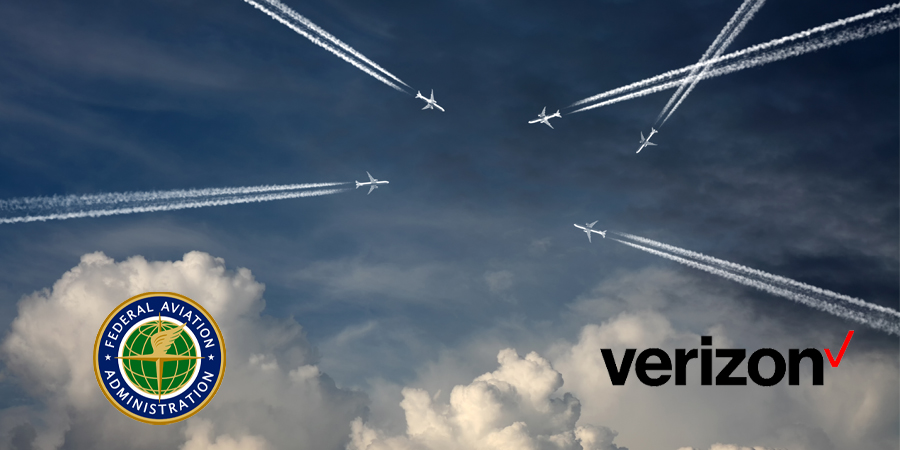The Federal Aviation Administration (FAA) has awarded the FAA Enterprise Network Services (FENS) contract to Verizon Business Network Services. The length of the contract is up to fifteen years, with a value of $2.4 billion.
As a result, Verizon will act as the lead integrator and operator for the FAA's main telecommunications and IT network.
The FENS program will work to establish a more modern network infrastructure – a migration from Time Division Multiplexing (TDM) technology to services based on Internet Protocol (IP)-compatible technologies.
Thus, Verizon will provide the FAA with telecommunications, information management services, and other capabilities to support its continuing mission of providing the safest, most efficient aerospace system in the world.
In addition, the new FENS contractor will provide the network connectivity needed to support the FAA’s administrative information systems and functions of the National Airspace System (NAS).
In context, the FENS Program is the successor to the FAA Telecommunications Infrastructure (FTI) program awarded in 2002.
As one of Verizon’s responsibilities, they must support the reliability, availability and maintainability (RMA) of the NAS. In line with this, the FAA will require to identify and advise potential improvements to the telecom operating environment such as in the mitigation of vulnerabilities and cost-effective ways of delivering services.
The awarded contract’s work will take place over an initial base period of 10 years, followed by up to five individual option years.
Moving forward, the FAA is asking Congress for $340.8 million for the agency’s overall telecom infrastructure FY 2024 funds, which includes money for both getting started on the FENS contract and for maintaining the existing environment amid the transition.
It is worth noting that the Federal Aviation Administration and Verizon have collaborated extensively to ensure 5G C-Band radio frequency transmissions and aircraft operations can safely co-exist.






























